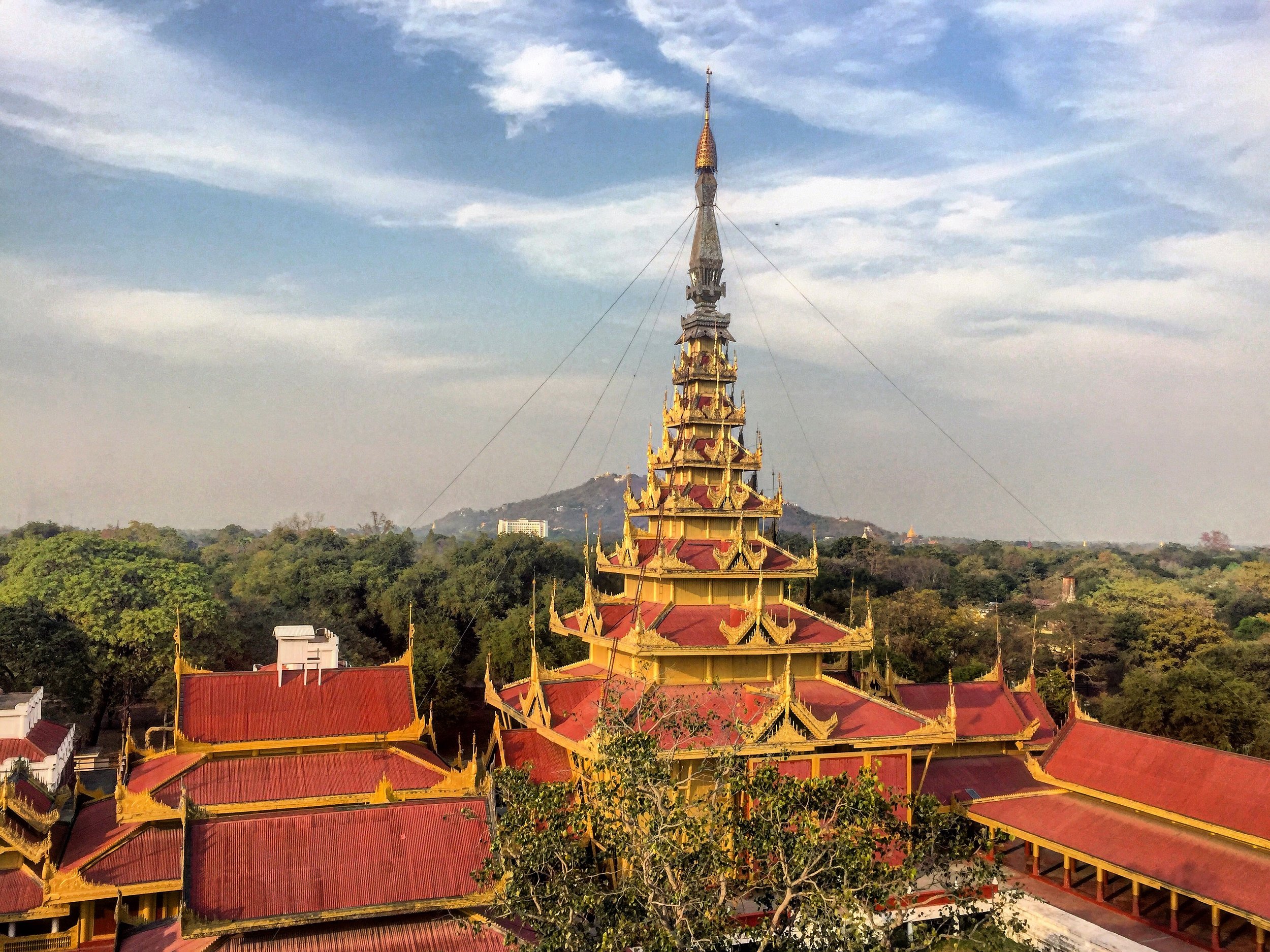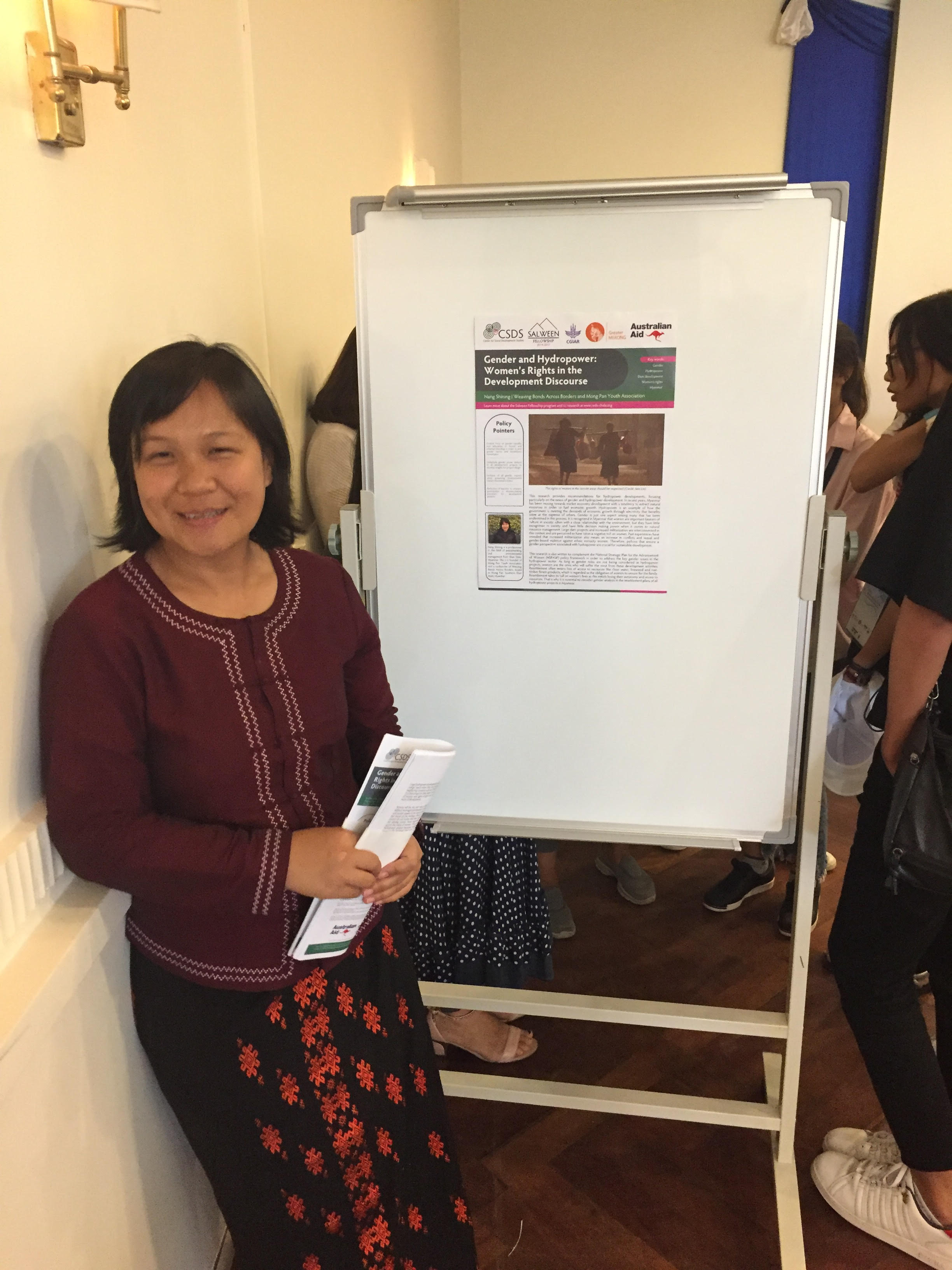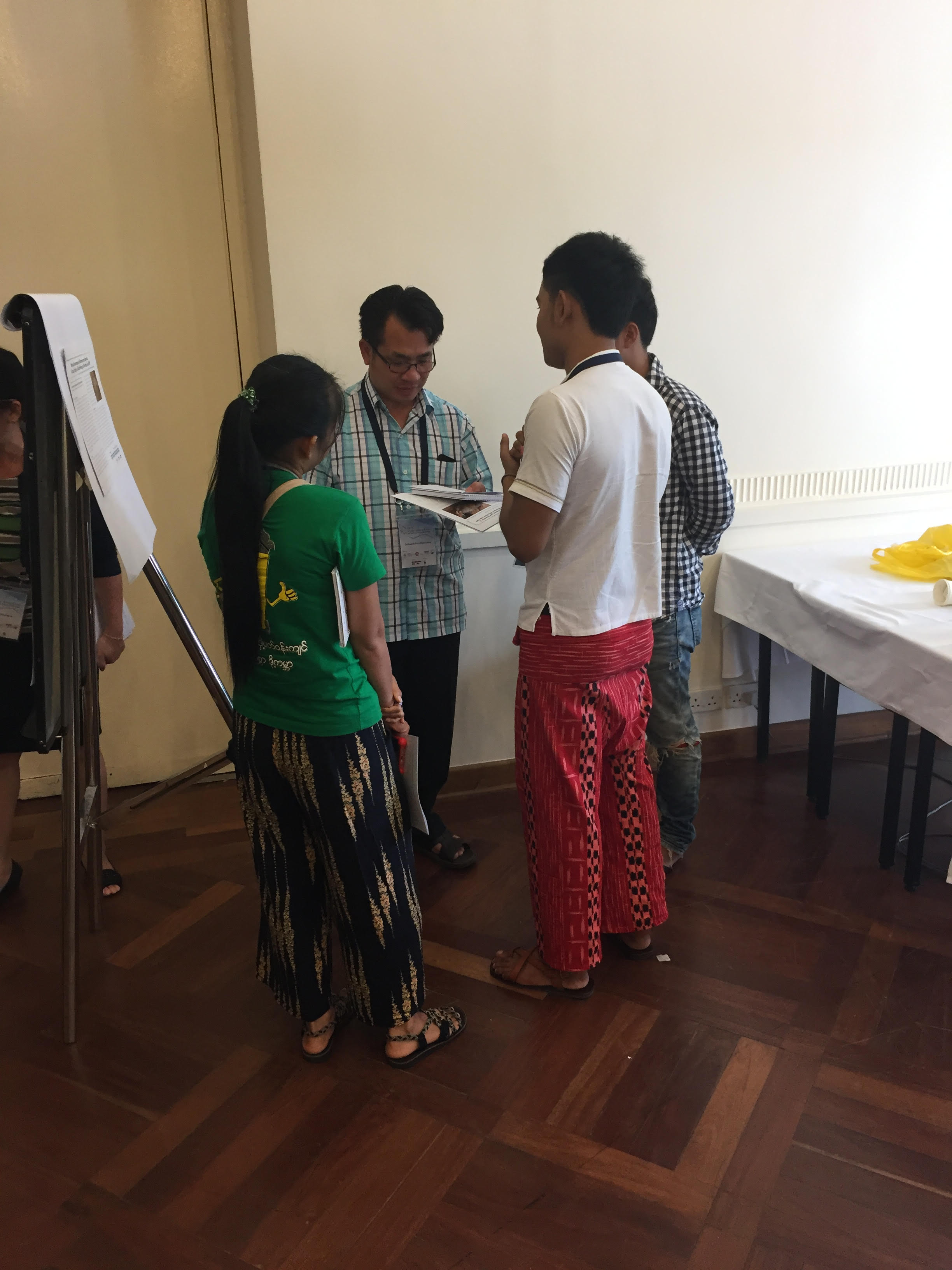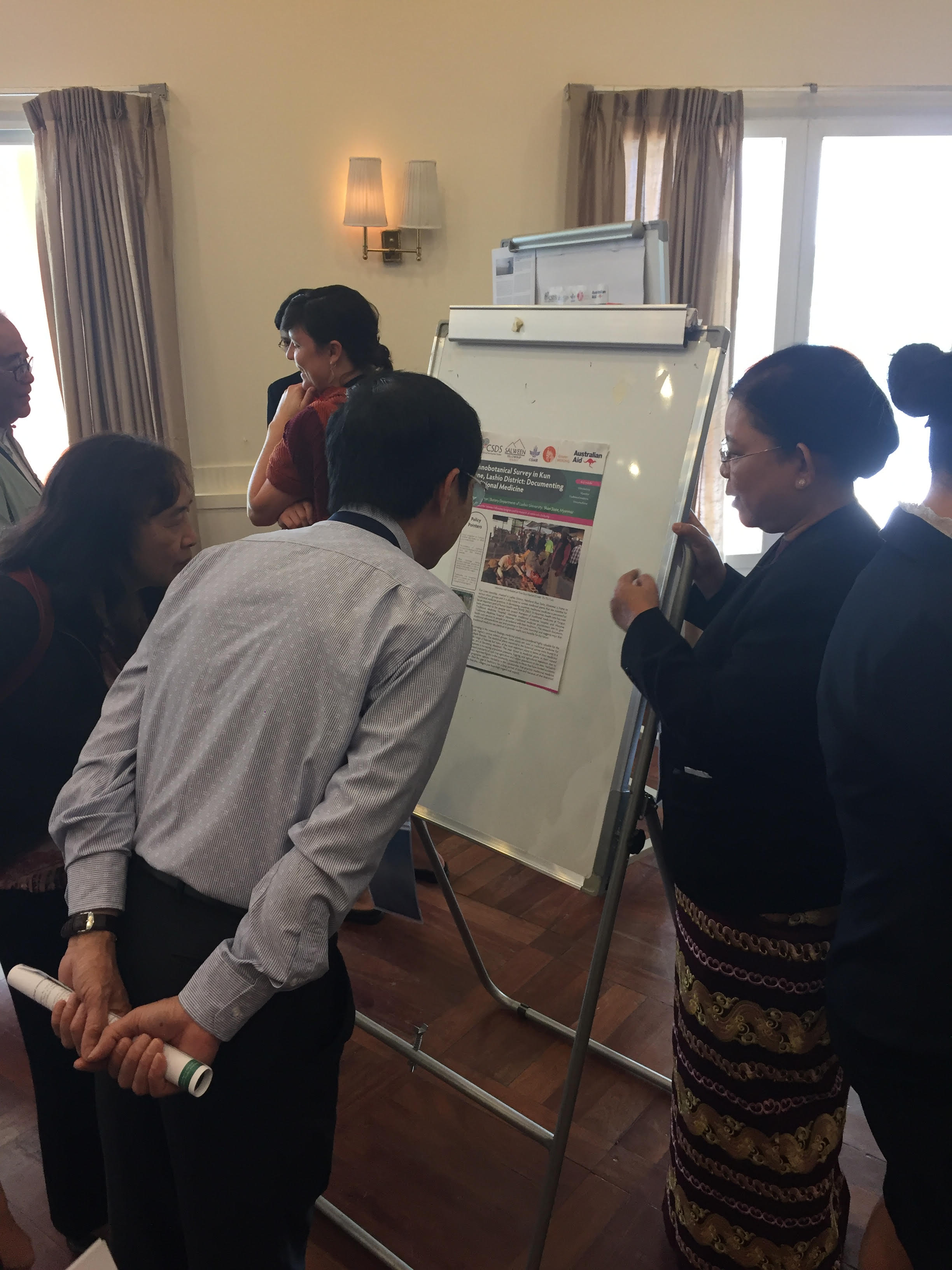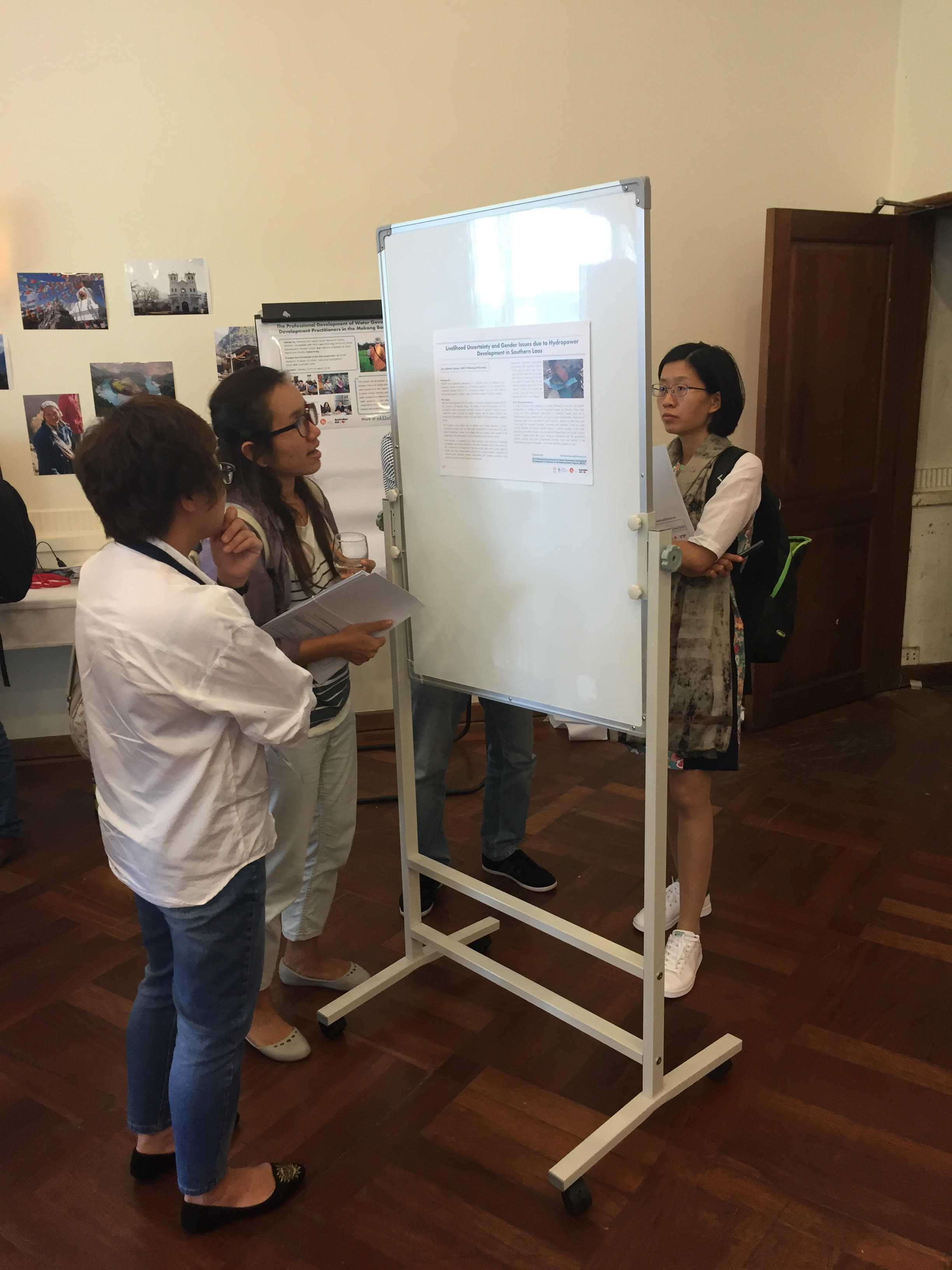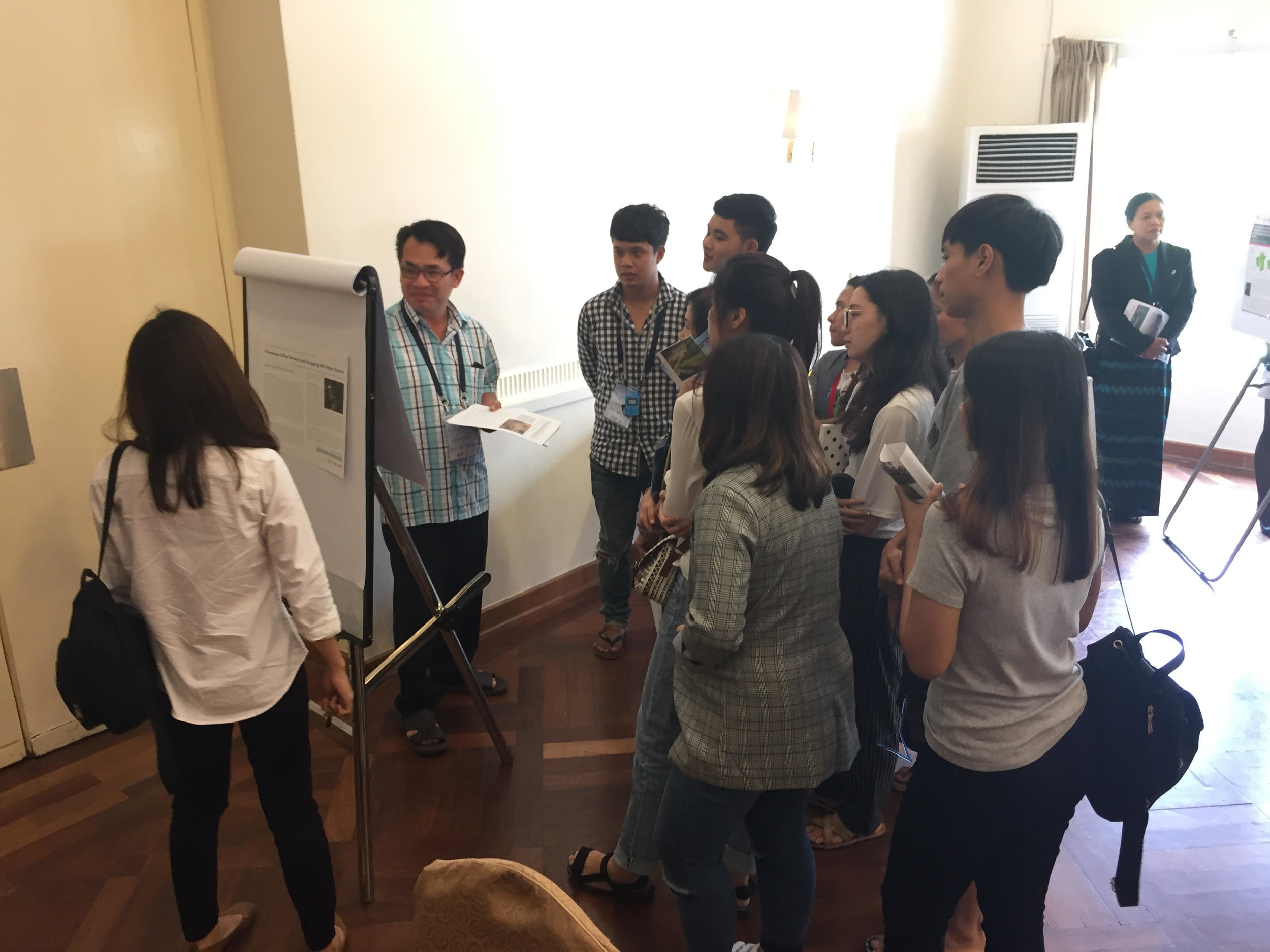EVENT: Salween Studies Research Workshop - The Role of Research for a Sustainable Salween River
/participants of the 2018 Salween Studies Workshop (Credit: R. Irven)
The 2018 Salween Studies Research Workshop gathered researchers and experts from around the world on 26 & 27 February at the University of Yangon, Myanmar to discuss the present situation of this important river as well as the future of the basin, its people and natural ecologies. This research workshop was also the final meeting of the Salween Water Governance Project and as such, represents the culmination of three years of research and collaboration among the “Salween University Network.” The workshop was co-hosted by the University of Yangon, the York Centre for Asian Research and CSDS, with the kind support of CGIAR WLE and Australian Aid. Over sixty participants were able to spend two full days diving into important issues and developments all related to the unique Salween River, with topics ranging from the traditional conversations around water management and natural conservation to more contentious presentations on peace/conflict and alternative development planning. The abstract booklet for the entire workshop is available for download here. With great diversity in backgrounds, nationality and expertise, it can be concluded that the wealth of knowledge exchange and learning that took place during this workshop was not only inspiring to all those in attendance, but has set the bar for future gatherings on the topic, aimed at creating real action and planning for Salween River sustainable and inclusive development.
In total, 30 individuals presented their research or current work/projects in twelve separate, themed panels, with the addition of important keynote and closing statements. In the opening address by Professor Maung Maung Aye, the seasoned Salween advocate highlighted the importance of research and the scientific process to the past, present and future of the Salween River. Given the political and often violent upheaval that has been ever-present along the river and throughout the country over the past decades, persistent and continued research has the ability to greatly boost the efforts of knowledge transfer, policy change and conservation, which is seen as a major benefit to the millions who depend on the river. He also stated that past conferences and this workshop continue to highlight the need to better link researchers with the decision-making processes that are taking place, which will also allow for more effective collaboration between the many various actors who relate to the river in some way. Professor Maung concluded that those in the room (and outside) need to continue thinking outside of the box to create more inclusive solutions to the problems stemming from river development and most importantly, be sure to include local community perspectives in all policy processes.
Chiang Mai University's Professor Chayan Vaddhanaphuti kicked off the second day of the workshop with a focus on the states of knowledge and geographies of ignorance of/in the Salween Basin, issues that lie under the surface of the conversation, but have a mighty effect on how decisions are made and who controls what. Dr. Chayan is known throughout the region for his transdisciplinary community based research, so his spirited and inspiring keynote about the importance of analyzing how knowledge is produced, understood and dispersed, in terms of development and conservation on the Salween, was extremely timely and an important addition to the workshop's conversations and vision.
For the closing remarks, Dr. Khin Maung Lwin discussed how research and policy making on the Salween River (and beyond) is related, a topic most in the audience could relate to, as many are active not only in research, but policy change. The question of how the two concepts should be related and work with each other is certainly a complicated one, particularly in Myanmar these days, but as Dr. Khin Maung Lwin pointed out, based off of just the research and work presented during the workshop, the two most certainly compliment each other in many situations, and policy making cannot happen properly without research, and quite often, research is made practical or relevant if it affects policy. The trick with connecting both is to find a happy medium, a balance between two delicate processes, only made even more complicated when looking at many of the issues that face the river and the people who depend on it.








